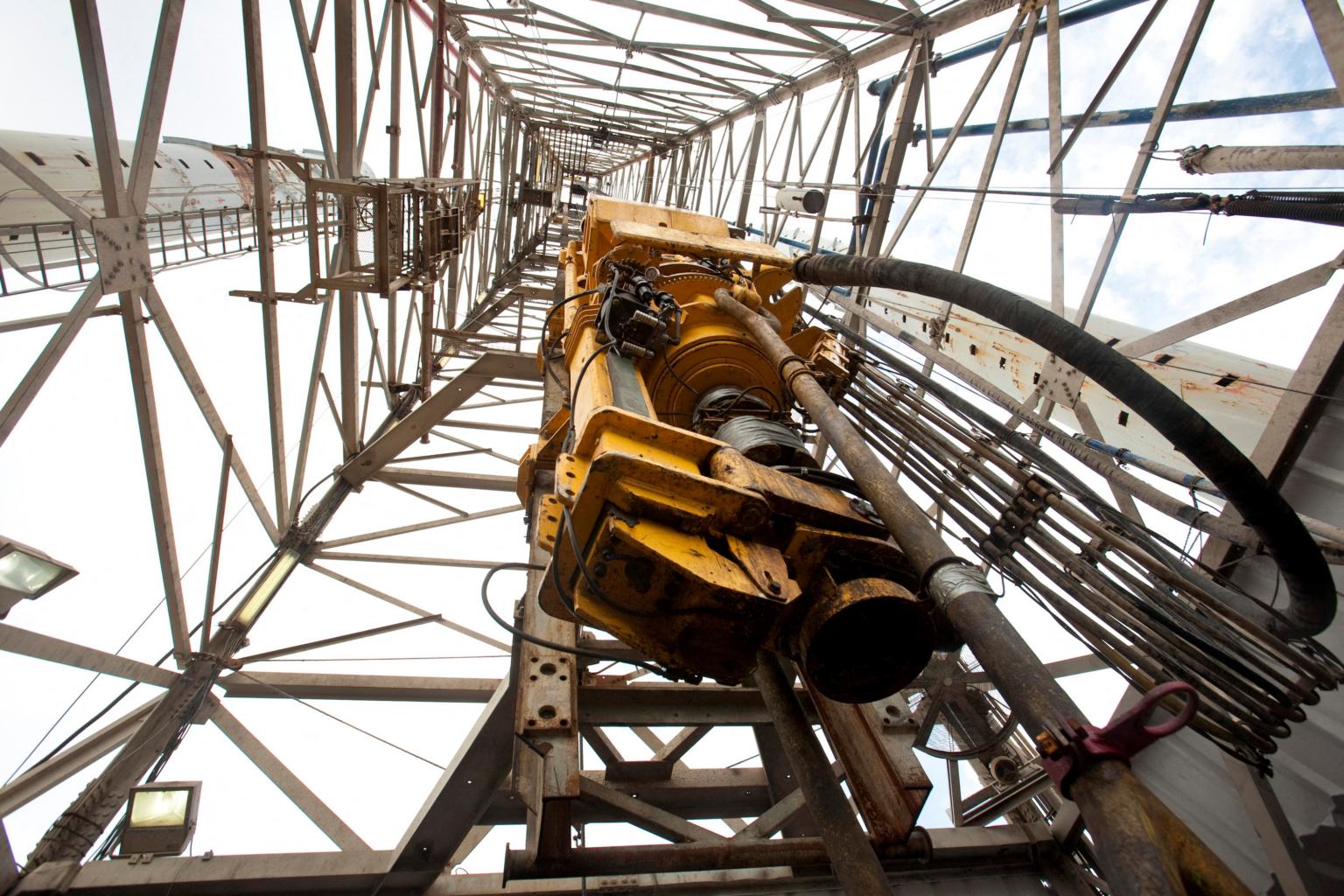Oil, commodities soar after reports of Russia attack on Ukraine nuclear plant
Sign up now: Get ST's newsletters delivered to your inbox

Brent crude futures rose to as much as US$114.23 a barrel.
PHOTO: REUTERS
Follow topic:
SINGAPORE (BLOOMBERG, REUTERS) - Commodities extended their sizzling rally as Russia's invasion of Ukraine continues to roil global markets and fuel fears of supply crunches.
Tensions rose on Friday (March 4) after Russia escalated its assault by attacking a Ukrainian nuclear plant, the biggest in Europe. Prices from crude to aluminium and wheat soared, as commodities staged their most stunning weekly surge since 1974 and the days of the oil crisis.
Russia's growing isolation is choking a major source of energy, metals and crops, sparking fears of prolonged shortages and sharper global inflation. Traders, banks and ship owners are already avoiding business with Russia because of the difficulty in securing payments, while shipping lines are cancelling or not taking bookings from the region.
Oil prices rebounded on Friday as the disruption of Russian oil exports outweighed the prospect of more Iranian supplies from a possible nuclear deal.
Brent crude futures rose to as much as US$114.23 a barrel and were at US$113.72, up 3 per cent, by 0121 GMT.
United States West Texas Intermediate rose 3.9 per cent to US$111.82 a barrel after touching a high of US$112.84 earlier in the session.
Base metals also rallied further after the LMEX Index, which tracks six major contracts, surged to a record on Thursday.
Soaring energy prices have added to the momentum by pushing up costs. Aluminium, one of the most energy-thirsty metals, rose as much as 3.6 per cent to US$3,850 a tonne on the London Metal Exchange, a fresh record. Copper is also closing in on its all-time high.
Wheat soared to the highest level since 2008 on deepening fears of a global shortage as the Ukraine war cuts off about a quarter of the world's exports of the staple used in everything from bread to cookies and noodles. Futures jumped by the exchange limit in Chicago, rising 6.6 per cent, taking the weekly gain to almost 40 per cent.
Corn rose 2.5 per cent to its highest in a decade, while soya beans climbed 0.6 per cent.
For the week, corn is up 17 per cent and soya beans have added 6 per cent.

